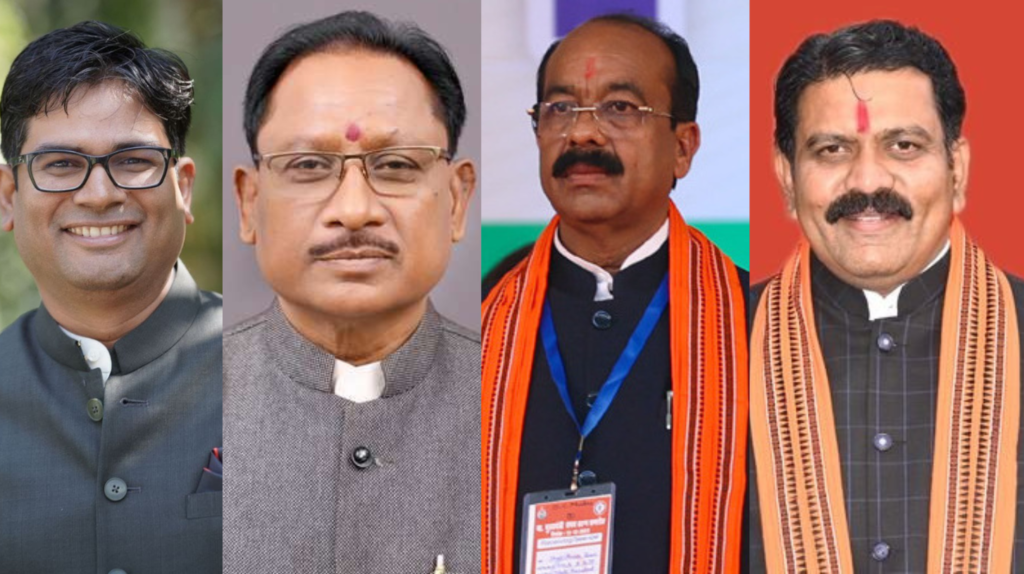Communication in Government Success
Effective communication is crucial for any government to maintain credibility and trust with the public. Unfortunately, a lack of responsiveness from officials can severely undermine this. Even when political leaders are willing to engage, they often find themselves isolated by a circle of aides and bureaucrats. This isolation prevents them from maintaining direct contact with the people they serve.
One of the primary reasons for governmental failure is the lack of effective communication. When ministers and public representatives attain power, they sometimes become enamoured with their new status. This fascination can lead them to prioritize their own enjoyment over the welfare of the citizens. Consequently, the government’s ability to communicate and address public concerns diminishes.
A government that fails to communicate effectively is destined to lose the trust and confidence of its people. Political leaders often become disconnected from their constituents once they gain office. This disconnection is particularly evident during elections when these leaders are often defeated due to their inability to stay grounded and responsive.

Numerous examples illustrate how poor communication contributes to the downfall of governments. At the heart of this issue is often a bureaucratic system that prioritizes flattery over efficiency. According to a senior politician, bureaucrats are adept at securing their positions through flattery, which can lead to the degradation of governance. These officials can misguide politicians, steering them away from the genuine needs of the state and its people.

Elected governments must recognize the importance of choosing competent, hardworking bureaucrats over sycophants. These real bureaucrats should be dedicated to the welfare of the public and capable of providing sound guidance to political leaders. Lessons from past failures stress on the need for better communication and governance.

The success of any government hinges on its ability to communicate effectively with its people. By fostering open and responsive communication, governments can maintain the trust and support of their constituents. It is imperative that political leaders remain grounded and attentive to the needs of the public, ensuring that their actions align with the best interests of the state. Improved communication and governance practices are essential for securing a government’s future and achieving long-term success.
E V Murli
(Resident Editor The Hitavada)
